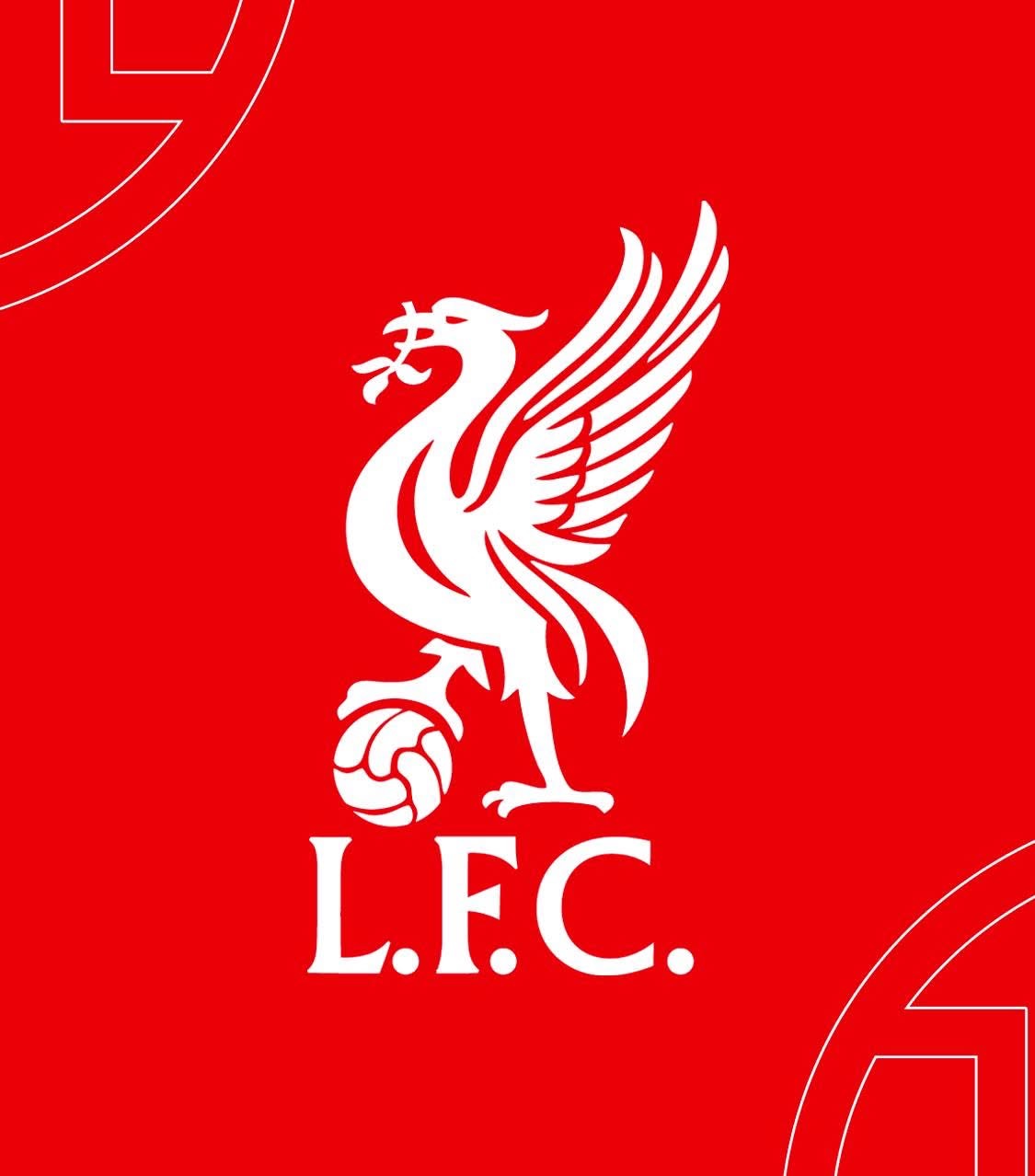Greenland’s hopes of participating in future World Cup tournaments have taken a major blow after their application to join CONCACAF was unanimously rejected.
This decision follows similar setbacks faced by other nations. Eritrea has not played internationally since 2020 due to concerns over player defections, and Congo was excluded from qualifiers after FIFA temporarily suspended their football federation.
Despite being the world’s 12th-largest country by land area—bigger than the UK, France, Italy, and Germany combined—Greenland’s small population of just over 56,000 and its harsh Arctic conditions make it a unique case. About 80% of the country is covered in ice, and winter temperatures can drop below -20°C.
Though politically tied to Europe as part of Denmark, Greenland is geographically located in North America, which led it to seek membership in the CONCACAF football federation. While Greenland has a functioning national team that participates in non-FIFA matches and events like the Island Games, it is still not recognized by FIFA or any regional confederation.
Despite a detailed application and support from various stakeholders, CONCACAF announced the rejection of Greenland’s application:
“After a comprehensive review by CONCACAF’s administration and council, and in line with our statutes, the Member Associations unanimously declined Greenland’s request for membership.”
In response, Kenneth Kleist, chairman of Greenland’s Football Association, expressed frustration, noting the extensive planning and development that went into their proposal. He said they had engaged clubs, officials, and even ambassadors in the effort, and developed a full football development strategy across all levels. He added:
“Years of work have been dismissed without a clear explanation.”
Greenland’s national team coach, Morten Rutkjaer, also voiced disappointment, emphasizing that their infrastructure and quality of play are comparable to other small CONCACAF nations. He questioned why they weren’t even offered a provisional or associate membership as a stepping stone.
Kleist also mentioned that former U.S. President Donald Trump’s past comments about wanting to buy Greenland created media distractions, which may have indirectly influenced CONCACAF’s decision.
Despite the setback, Greenland remains committed to gaining international football recognition






